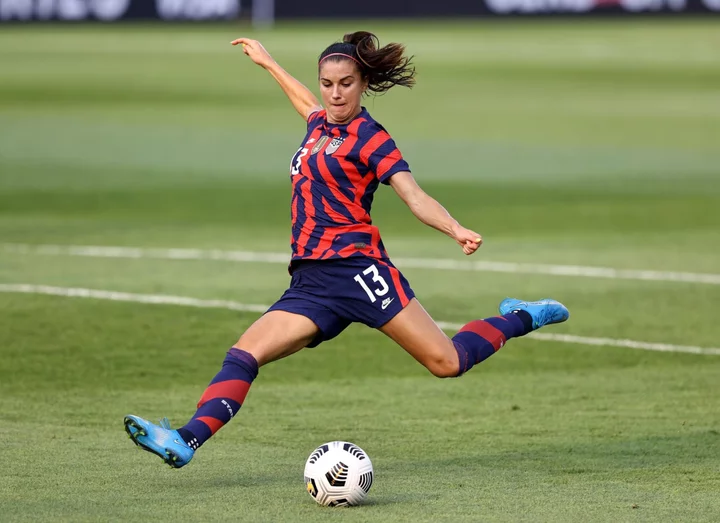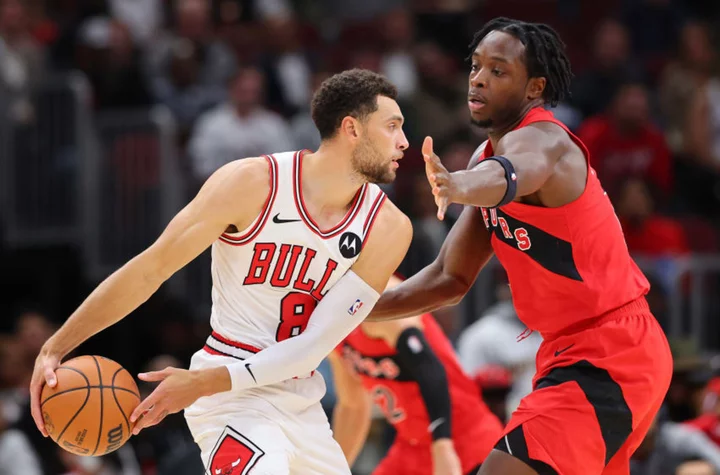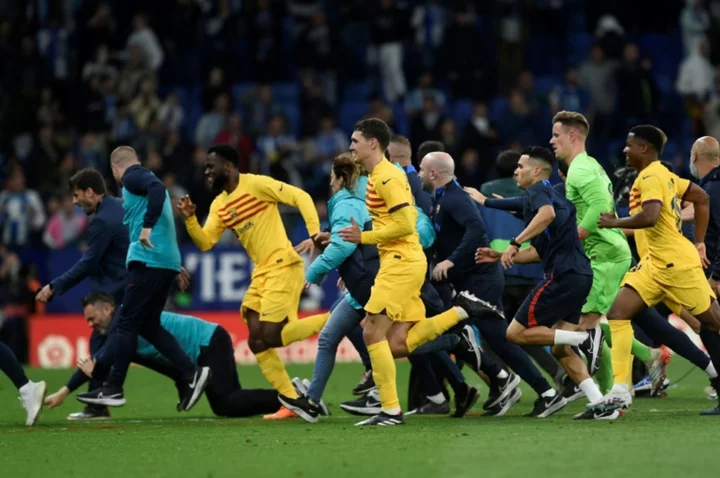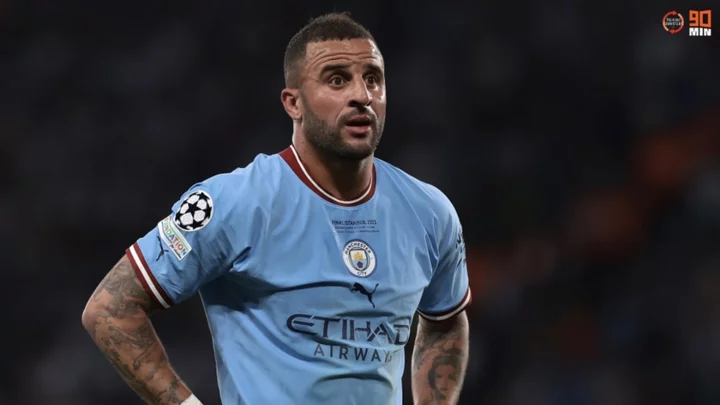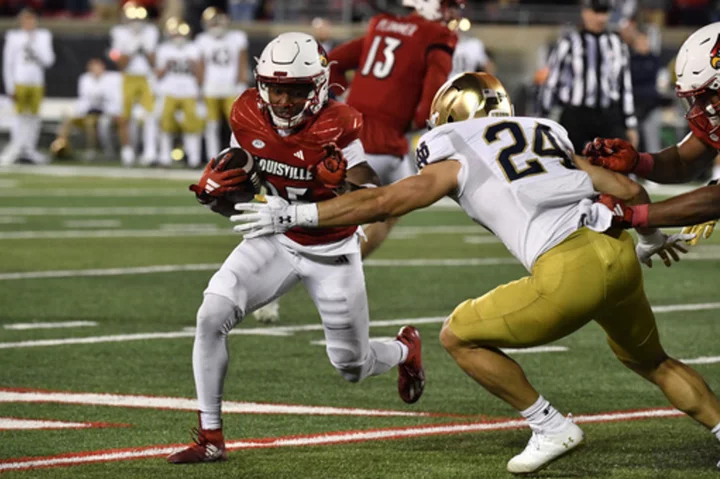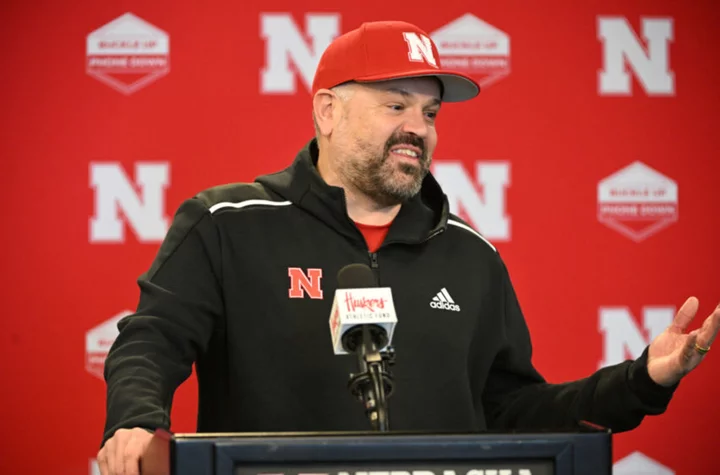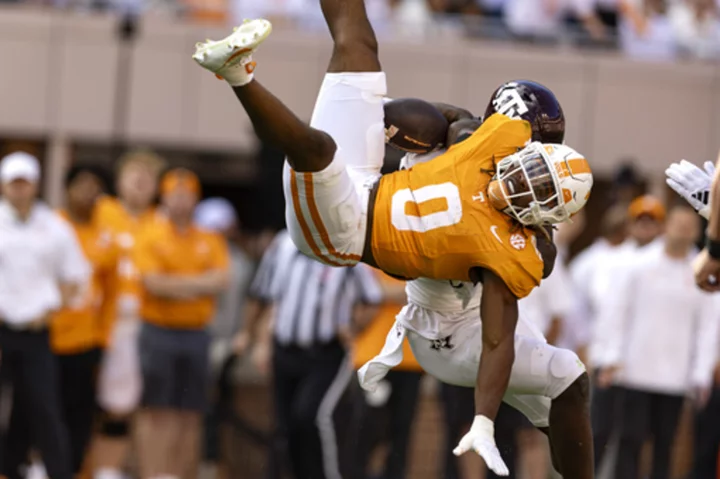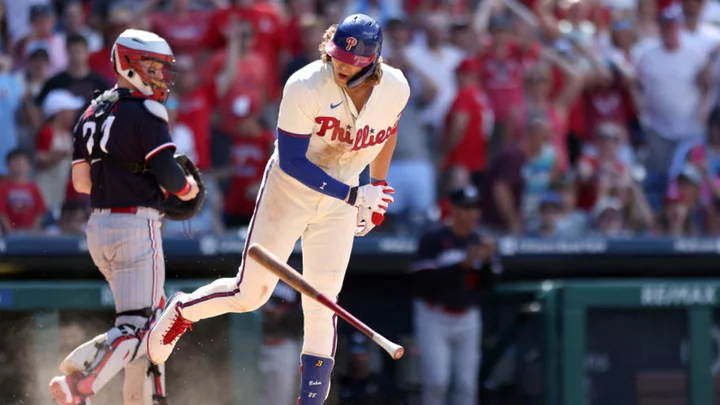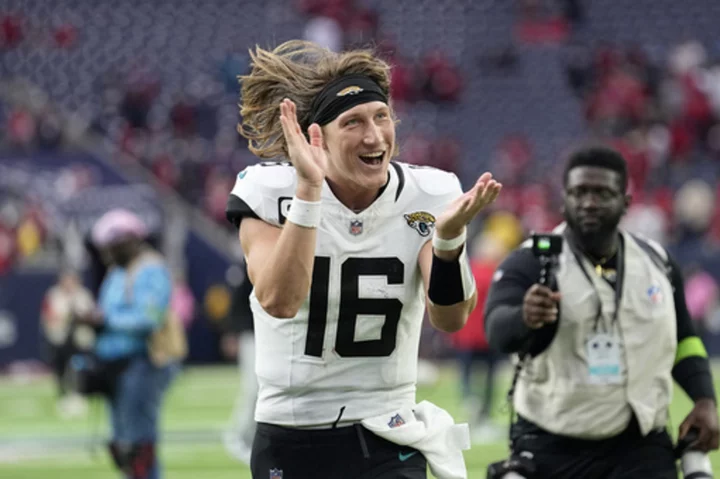US women’s soccer has more often been associated with its national team—thanks in large part to four World Cup victories—than professional play, given the latter’s two failed efforts at establishing a successful pro league.
But now, through major investment, celebrity star power and a wide-open field for growth, the latest professional iteration, the National Women’s Soccer League, could be the turning point. But as in the past, it won’t be easy.
Earlier US women’s leagues, one launched in 2000 and another in 2008, fell apart after a few years thanks to financial instability and sexual abuse allegations. But the NWSL, now in its eleventh year, has managed to overcome its own series of obstacles, and may be on the cusp of achieving what its predecessors could not.
In this episode of the Bloomberg Originals series Next in Sports, we speak to investors who contend the NWSL is an untapped opportunity with high valuation potential. The league contends it is currently riding a wave of momentum with a steady increase in attendance.
“The valuation of these teams [has] already gone from $2 to $4 million in two to three years to $50 million,” says Olympic and World Cup champion Alex Morgan. “Something’s going right in women’s soccer, and people want to be a part of it.”
In the beginning of this year, 90,000 fans flocked to see Morgan’s team, the San Diego Wave. This is up from around 31,000 fans in years prior, according to the league. NWSL Commissioner Jessica Berman says the league as a whole was up 48% in attendance just three weeks into the season.
The NWSL has been increasing its number of teams, too. One of them, Bay FC, is a San Francisco club founded by former players Brandi Chastain, Leslie Osborne, Danielle Slaton and Ally Wagner. In an effort to secure more funding, Bay FC brought in new capital through institutional investors.
Whether the third time will be the charm for women’s pro soccer is still an open question, however. Investors will arguably have to play the long-game, says Maddie Winslow of Inner Circle Sports, an investment bank working as an adviser to the NWSL.
“These are the number-one athletes in the world,” Winslow says. “For the first time in a long time, eyeballs are on women’s sports, and people are starting to understand it.”

